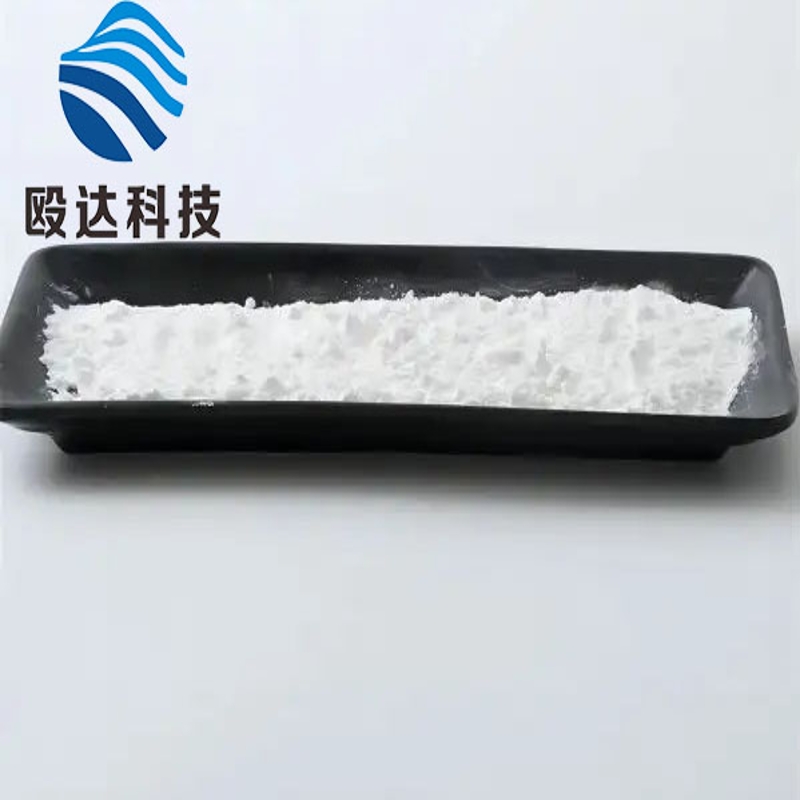-
Categories
-
Pharmaceutical Intermediates
-
Active Pharmaceutical Ingredients
-
Food Additives
- Industrial Coatings
- Agrochemicals
- Dyes and Pigments
- Surfactant
- Flavors and Fragrances
- Chemical Reagents
- Catalyst and Auxiliary
- Natural Products
- Inorganic Chemistry
-
Organic Chemistry
-
Biochemical Engineering
- Analytical Chemistry
- Cosmetic Ingredient
-
Pharmaceutical Intermediates
Promotion
ECHEMI Mall
Wholesale
Weekly Price
Exhibition
News
-
Trade Service
January 19, 2021 // -- In a recent study published in the international journal BMJ, scientists from Texas Agricultural University and other institutions found that people with type 2 diabetes who followed a low-carbohydrate diet for up to six months may experience greater disease relief and no side effects than recommended diets.
researchers say most benefits are reduced after 12 months, but clinicians may consider using a short-term, low-carbohydrate diet to manage type 2 diabetes while actively monitoring and adjusting patients' diabetes medications when needed.
Type 2 diabetes is the most common form of diabetes in the global population, and diets are recommended as part of the treatment, but researchers aren't sure which diet to choose to achieve the best results, after mixed results from previous studies.
To address this evidence gap, the researchers assessed the effectiveness and safety of low-carbohydrate diets (LCDs) and very low-carbohydrate diets (VLCDs) in treating people with type 2 diabetes compared to controlled diets (mainly low fat), and analyzed randomized controlled trials involving 1,357 participants.
file photo source: CC0 Public Domain In adults with type 2 diabetes (average age 47 to 67), LCDs are defined as less than 26% daily carbohydrate calories, VLCDs are defined as less than 10% daily carbohydrate calories, and patients continue this diet for at least 12 weeks.
The researchers also assessed participants' health outcomes at 6 and 12 months, including levels of diabetes remission (lower blood sugar levels when taking or not taking diabetes medications), weight loss, adverse health events, and health-related quality of life.
Although these clinical trials were designed differently and of different quality, the researchers took this into account in their analysis, and based on evidence of low to moderate certainty, the researchers found that people on the LCDs diet had higher rates of diabetes relief after six months and no adverse events than those in the control group that controlled the diet.
For example, based on eight moderately definitive evidence involving 264 participants, patients who followed the LCD diet had a 32 percent lower absolute risk of developing diabetes over a six-month period, or 28 out of every 100 follow-up cases.
at 6 months, LCDs also increase the body's weight loss and reduce drug use and improve triglyceride levels in the body.
researchers say many of the body's benefits begin to decline at 12 months, in consistent with previous studies, and there is evidence that patients begin to show poor quality of life and body cholesterol levels over a 12-month period.
study, researchers used very robust methods to improve the accuracy and overall certainty of effectiveness assessment, while acknowledging limitations such as the ongoing debate about diabetes remission and uncertainty about the long-term effectiveness and safety of LCDS.
the results of this paper are based on moderate to low determinative evidence.
, the researchers suggest that clinicians consider short-term LCDs interventions to manage people with type 2 diabetes, while actively monitoring and adjusting diabetes medications as needed.
researchers say they will need long-term, well-designed randomized trials of calorie control in the future to determine the effects of LCD on persistent weight loss, diabetes remission, cardiovascular mortality and major morbidity.
() Original source: Joshua Z Goldenberg, Andrew Day, Grant D Brinkworth, et al. Efficacy and safety of low and very low carbohydrate diets for type 2 diabetes remission: systematic review and meta-analysis of published and unpublished randomized trial data, BMJ (2021). DOI:10.1136/bmj.m4743







